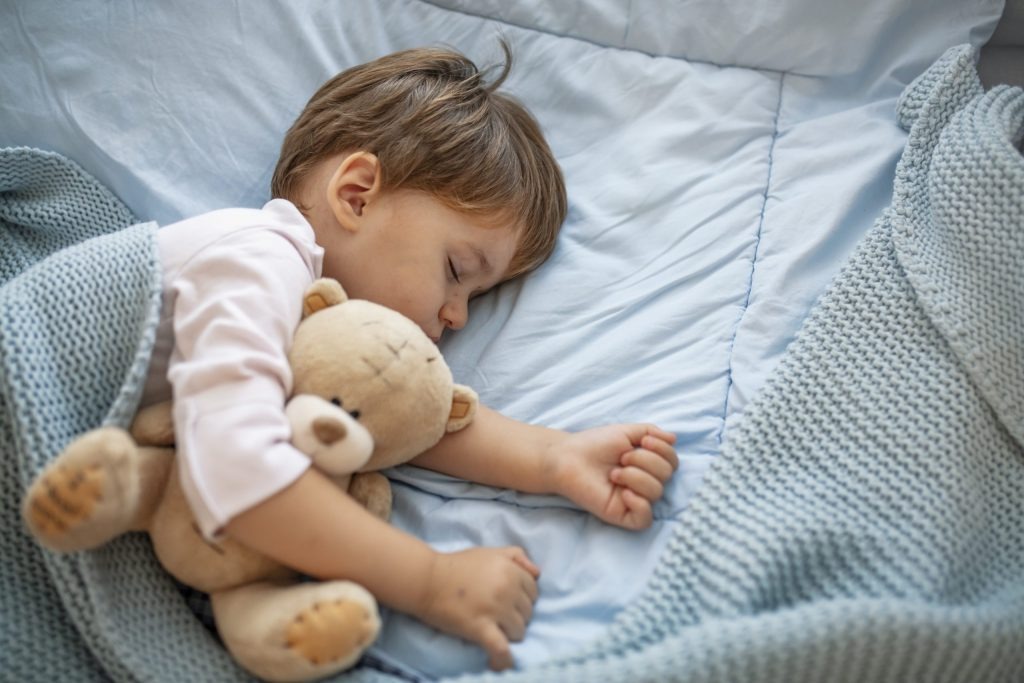Pneumonia is one of the most common respiratory infections affecting children worldwide. It can range from mild to severe, with symptoms that may be mistaken for a simple cold or flu. As a pediatric pulmonologist, I often see cases where early detection and appropriate management have significantly improved outcomes. Knowing when to seek medical attention and when to consult a specialist can make a crucial difference in your child’s recovery.
What is Pediatric Pneumonia?
Pediatric pneumonia is an infection of the lungs caused by bacteria, viruses, or fungi. It leads to inflammation and fluid accumulation in the air sacs, making breathing difficult. While most cases are mild and resolve with proper care, severe pneumonia can become life-threatening if not managed promptly.
Common Causes of Pneumonia in Children
Viral Pneumonia – Commonly caused by influenza, respiratory syncytial virus (RSV), or adenovirus.
Bacterial Pneumonia – Often due to Streptococcus pneumoniae or Mycoplasma pneumoniae, requiring antibiotic treatment.
Atypical Pneumonia – Also known as "walking pneumonia," it is caused by organisms like Mycoplasma and can have milder symptoms.
Fungal Pneumonia – Rare but seen in children with weakened immune systems.
Symptoms of Pediatric Pneumonia
Persistent cough (dry or productive)
Fever and chills
Fast or labored breathing
Wheezing or grunting sounds while breathing
Chest pain or discomfort
Loss of appetite and fatigue
Bluish lips or fingernails in severe cases (a sign of low oxygen levels)
When to See a Specialist
While mild pneumonia can often be treated with home care and medications, certain signs indicate the need for specialized attention:
1. If Your Child is Experiencing Severe Symptoms
If your child has:
High fever (above 102°F) that does not subside
Rapid or difficult breathing
Lethargy or extreme weakness
Bluish discoloration of the lips or nails
Refusal to eat or drink
These could be signs of severe pneumonia requiring hospitalization or oxygen support.
2. If Symptoms Do Not Improve with Initial Treatment
For bacterial pneumonia, doctors usually prescribe antibiotics. If your child’s symptoms persist beyond 48-72 hours of starting treatment, it may indicate:
Antibiotic resistance
A different type of infection
Complications such as lung abscess or pleural effusion (fluid around the lungs)
A pediatric pulmonologist can assess the need for alternative treatments or further testing.
3. If Your Child Has Recurrent Pneumonia
Frequent episodes of pneumonia (more than two occurrences per year) may indicate underlying conditions such as:
Asthma or chronic lung disease
Cystic Fibrosis
Immune system disorders
Structural lung abnormalities
A pediatric pulmonologist can conduct advanced lung function tests, bronchoscopy, and genetic testing to determine the root cause.
4. If Your Child Has a Preexisting Condition
Children with asthma, congenital lung disease, heart conditions, or immune deficiencies are at a higher risk of severe pneumonia. They require specialized care to prevent complications and improve lung function.
How is Pediatric Pneumonia Diagnosed?
A specialist may perform the following tests to confirm pneumonia:
Chest X-ray – To identify lung inflammation or fluid accumulation.
Blood Tests – To detect infection levels.
Pulse Oximetry – To measure oxygen levels in the blood.
Sputum or Nasal Swab Tests – To determine the cause of infection.
Bronchoscopy (if needed) – To assess deeper lung infections or structural abnormalities.
Treatment and Management of Pediatric Pneumonia
For Viral Pneumonia:
Supportive care with fluids, fever control, and oxygen therapy if needed.
Antiviral medications may be used in severe flu-related cases.
For Bacterial Pneumonia:
Antibiotics prescribed based on the child’s condition.
Hospitalization for IV antibiotics and oxygen therapy in severe cases.
For Recurrent or Chronic Pneumonia:
Detailed evaluation for underlying conditions.
Specialized respiratory therapies such as bronchodilators, chest physiotherapy, and inhaled steroids if needed.
Preventing Pediatric Pneumonia
Vaccination – Ensure your child receives pneumococcal, flu, and pertussis vaccines.
Good Hygiene Practices – Teach children to wash hands frequently and avoid close contact with sick individuals.
Healthy Diet & Hydration – A balanced diet helps strengthen immunity.
Manage Underlying Conditions – If your child has asthma or allergies, regular follow-ups can help prevent complications.
Final Thoughts
Pneumonia can be a serious condition, but early detection, proper management, and specialist care can lead to a full recovery. If your child has persistent symptoms, recurrent infections, or an underlying condition, consulting a pediatric pulmonologist can ensure the best treatment approach.
As a pediatric pulmonologist in Bangalore, my goal is to provide comprehensive care for children with respiratory illnesses, ensuring they breathe easy and thrive. If you have concerns about your child’s respiratory health, do not hesitate to seek expert guidance.



Add a Comment